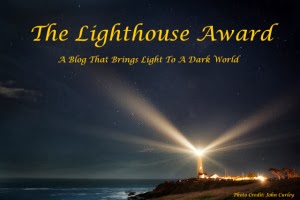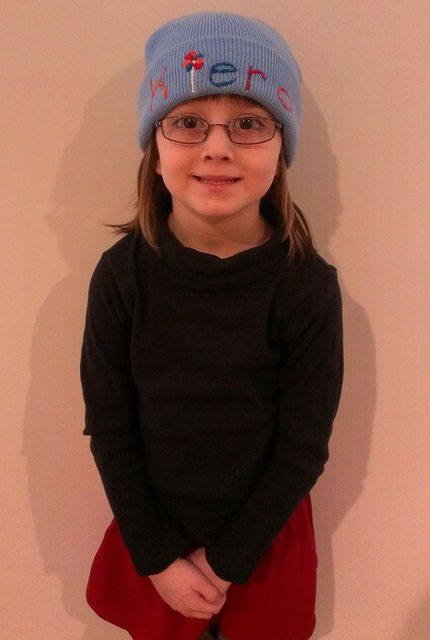I can’t pinpoint exactly why, but five years after joining Facebook, I’m starting to sour on the service. In my experience, it’s good for a few things like keeping up with people from my past or sharing jokes and kid pictures with friends and colleagues, but beyond that, it just feels like it’s kind of there in my life without any other specific value.
I’m not going to delete my Facebook account; even if I was, I’m not that dramatic that I’d do so with such fanfare. Much like my telephone or postal address, it provides me with one avenue of connecting with people. But in his Lifehacker article “Why I’ve Opted for a Piecemeal Social Network over Facebook or Google+”, Adam Pash pretty well addresses at least one of the reasons I’m not so big on Facebook any more: instead of focusing on one or two services and doing them well, it tries to be everything to everyone (e-mail replacement, photo sharing service, location check-in) and only does a so-so job of it.
Of course, the flipside to that coin is that one can choose to use many different services, all of which only serve one or two of Facebook’s many functions. As Pash notes in his article, the benefit to doing this is that if I become unhappy with any service (remember the Great Instagram TOS Debacle of 2012?), I can feel free to pull the plug entirely on that service without losing EVERYTHING.
In my grand tradition of tech-related navel-gazing self-reflection, I’ve put down a few thoughts about how I use what I use, and why I use it:
Top Tier Services
Twitter: My first social network (I was active there several months before joining Facebook), I use Twitter primarily for professional purposes: connecting with other educators and sharing resources and education-related articles (with occasional silliness!). To contrast my use of the two, I’d say I use Twitter more for professional connection, and Facebook more for personal.
My blog: This is my personal, public space where I can write and reflect. Unlike Facebook Notes, this space of mine is open to the world, and as I’ve said before, since I pay for the domain name and webhosting, I feel a greater sense of ownership over it than when I wrote on a free, hosted blog. Edit, 2/17/13: Just came across this piece by Doug Belshaw that frames the self-hosting argument in light of the recent announcement that Posterous is shutting down. Greater ownership, but also greater control.
Flickr: After a hiatus, I’ve come back to Flickr for sharing photos. The Pro accounts are somewhat pricey, but Flickr has a robust community of photographers, and I am more comfortable with the level of control I feel I have over how my photos are used, or if I allow them to be used at all (via Creative Commons licenses). I deleted my Instagram account amid the aforementioned TOS kerfluffle, and I’m still not entirely comfortable with Facebook’s approach to user photos; as a result I don’t tend to post a whole lot of personal pics on the service. In addition to Flickr (which is for public sharing), I also keep my family’s digital photo album on Picasa. It’s not for public consumption, but I can share privately with family members via a specific link so my parents, in-laws, etc., can see them as well.
Aside from Facebook, these are the services I use most often (and most dynamically) for social networking. Other services I use either much more infrequently or without the same social focus.
Second String Services
Foursquare: I sometimes push my location checkins to Facebook or Twitter if I feel they are share-worthy (most aren’t), but I use it mostly to update the map on my professional portfolio website.
Google+: I’ve tried so hard to get into G+, but I just can’t, at least not now. Maybe it’s social network overload, but I just can’t. I push my blog posts to my G+ account, when I remember.
LinkedIn: This one probably makes the most sense to maintain and keep current, which I do. Right now it’s pretty much just to have a presence there, but it may become more valuable to me in future endeavors.
Goodreads: I enjoy seeing what my friends are reading, and occasionally chat with them on this service. I use it mostly for my own record keeping about books I’ve read or want to read.
RunKeeper: Same rationale as Goodreads. Tracking my running stats is incredibly motivating for me; the social piece of this service is secondary.
Diigo: I use this to bookmark sites relevant to special education & school psychology. I auto-publish my Diigo saves to Twitter via IFTTT, but don’t actively “friend” people on Diigo itself.
Delicious: Same as Diigo, but I use Delicious to maintain an archive of interesting articles I share to Twitter. This service replaces the long-defunct “Shared Items” function in Google Reader.
Of course, much of what I do on these services gets pushed to Facebook anyway, but that’s primarily because that’s where most of “my people” are. As with any social network, the real value is in the people, not the tool, and right now, most of the people in my life are on Facebook, which keeps me tethered there to some extent. It’s why I didn’t leave Twitter for identi.ca back in 2008, and why I haven’t quit Facebook for Google+. Still, on the tool side, I’m finding less use for Facebook these days and more for these other services.

